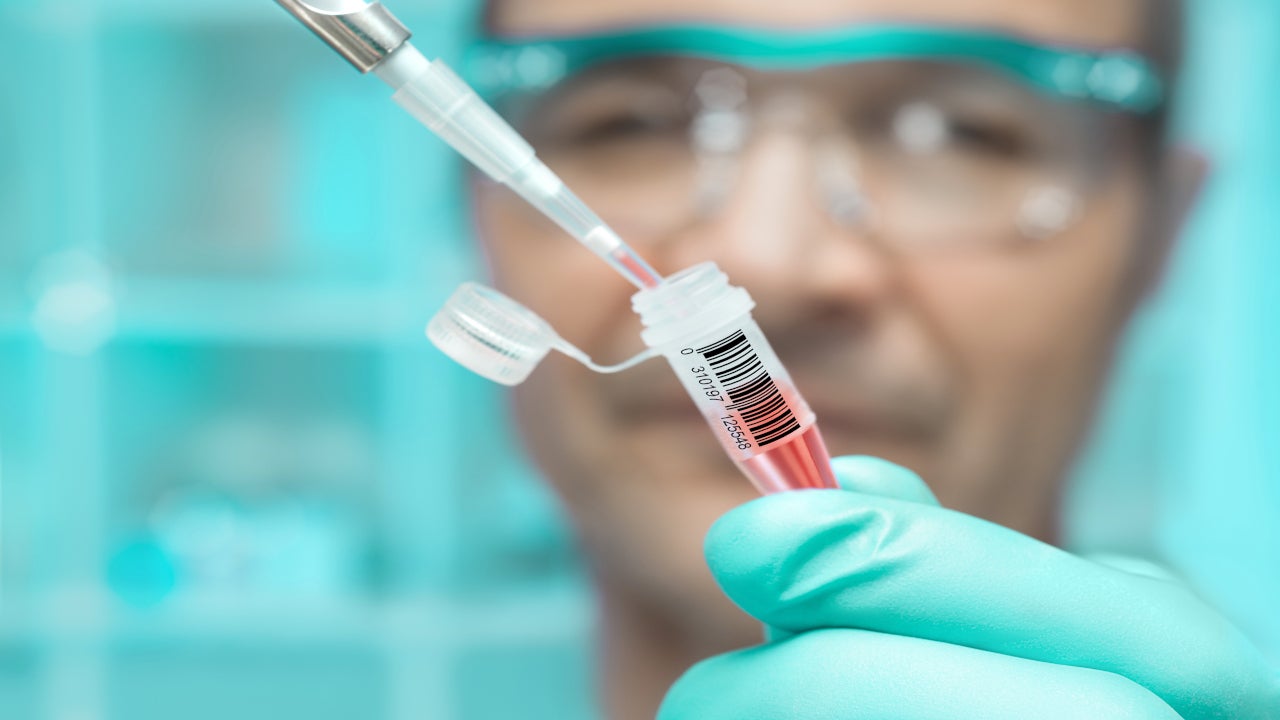- Fully funded until mid-2022; raise would bolster tricaprilin development
- Tricaprilin commercial partner talks welcome in Phase III Alzheimer’s disease
Cerecin is working with the CRO Novotech for its Phase II tricaprilin trial for migraine prevention, said CEO Charles Stacey, adding Neuroscience Trials Australia (NTA) is the CRO for a Phase I infantile spasm study with the same asset. Cerecin is amidst a $10m–$20m raise to develop tricaprilin in a total of four indications, with another fundraise worth $30m–$50m to start late this year with a likely end date of 1Q22, Stacey added.
In the Alzheimer’s disease space, the company is open to commercial partner offers for tricaprilin in the event of an FDA approval within the next few years, he noted. Tricaprilin is in a Phase III trial in mild-to-moderate Alzheimer’s disease but has yet to start enrolling patients and is Phase II-ready in Parkinson’s disease.
Singapore-headquartered Cerecin appointed Sydney, Australia-based Novotech to run most of the tasks in the Australia-based Phase II migraine prevention trial, Stacey said. Cerecin oversees the trial’s biostatistics and data management needs, he added. Novotech was chosen due to its capabilities, size, cost, experience, and the research team it could provide, he explained.
The 66-patient, placebo-controlled Phase II has a primary endpoint of change from baseline in the number of headache days for three months. It has a primary completion date of October 2021, as per ClinicalTrials.gov.
As for the infantile spasm trial, Melbourne, Australia-based NTA was chosen because it specialises in neuroclinical research, academic connections, and access to specialist sites, as well as being a full-service CRO, Stacey added. The 10-patient Phase I has yet to start, with recruitment to be based at Sydney Children’s Hospital, according to ClinicalTrials.gov. The trial has a primary endpoint looking into safety and tolerability, with an estimated completion on December 2021.
With both trials based in Australia, Stacey said the country is a favourable location for clinical trials because it has been insulated from the Covid-19 pandemic and has good medical infrastructure and a strong scientific community. Novotech and NTA did not respond to a comment request.

US Tariffs are shifting - will you react or anticipate?
Don’t let policy changes catch you off guard. Stay proactive with real-time data and expert analysis.
By GlobalDataOral tricaprilin is a medium-chain triglyceride, designed to induce ketosis and improve mitochondrial metabolism. Ketogenic diets have been used for treatment of infantile spasms, providing the rationale for Cerecin’s investigation of tricaprilin, as per the company website. For migraines, the ketogenic compound aims to elevate plasma ketone levels and leverages the numerous neurological benefits of ketone bodies.
Cerecin has raised over $100m over its lifetime
With regards to Cerecin’s fundraising efforts, the ongoing raise is its fourth, with the company raising over $100m in total so far, said Stacey. It has two core financial backers in Nestle and investment holdings company Wilmar, he added. Cerecin has strong support from its core investors, with the ongoing $10m–$20m raise to top up what has already been raised for pipeline development for the near- and medium-term, he said, adding Cerecin is fully funded until mid-2022.
As for the end-of-year raise worth $30m–$50m, the final target will depend on how Cerecin’s ongoing tricaprilin programmes develop, Stacey noted, adding this raise will be for its migraine and infantile spasm investigations. Cerecin will be looking for investors with a proven track record in life sciences and who can support its pipeline all the way to regulatory approval, he noted. Cerecin would welcome re-engagement with previous investors and are open to banks knowledgeable with life sciences, he said.
Commercialisation partners needed, as no plans for in-house development
As for partnership plans, Cerecin is open to commercialisation partner discussions for tricaprilin, said Stacey. In fact, it is already in several talks, he said, but noted none of these are close to completion and would not elaborate further.
Specifically, Cerecin’s programme in Alzheimer’s disease is likely only a few years away from potential regulatory approval, so the time is right for partnership discussions, Stacey noted. Cerecin has no commercial capabilities and does not intend to develop them, so it will be looking for big pharma companies to partner with, particularly in the US, he added.
As for its other programmes, when tricaprilin makes it to Phase III in these indications, the company might want to partner with a larger company that has experience in the infantile spasms or rare disease space, added Cerecin CMO Judith Walker.
Sean Rai-Roche is a Reporter for Clinical Trials Arena parent company GlobalData’s investigative journalism team. A version of this article originally appeared on the Insights module of GlobalData’s Pharmaceutical Intelligence Center. To access more articles like this, visit GlobalData.




